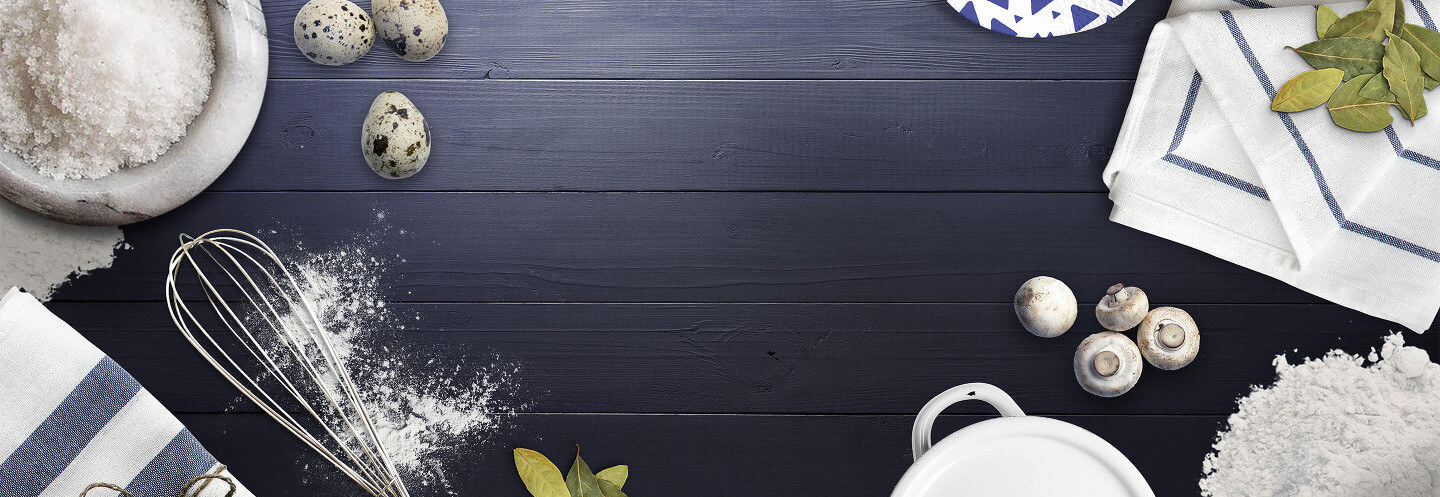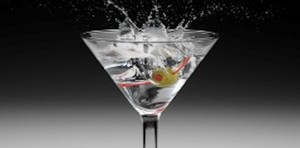https://www.copymethat.com/r/SWNTqXxH/alcohol-calories-alcohol-and-diabetes-sa/
1408461
0gTJrs9
SWNTqXxH
2024-11-18 08:36:08
ALCOHOL, Calories, Alcohol and Diabetes Safety
loading...
X
www.dlife.com/dlife_media/diabetes_slideshows/alcohol-and...
You frequently hear people call alcohol a carbohydrate, but is that true? Actually, it isn't. Let's put it this way: alcohol is a unique substance. The body processes alcohol before it metabolizes fat, protein, or carbs.
A 5-ounce glass of wine typically contains 110 calories, 5 grams of carbs, and about 13 grams of alcohol (which accounts for 91 of the calories).
These numbers are roughly the same as you will find in a 12-ounce light beer or 1.5 ounces of 80-proof liquor. Most people experience a dip in their blood glucose after consuming alcohol. The glycemic index of beer, wine, and hard liquor is zero.
Avoid alcohol after exercising: Never drink alcohol after exercising. When you exercise, your body uses more glucose than it normally does, and this alone can cause blood sugar to drop too low. And this effect can last for hours after you finish exercising, as your body continu
You frequently hear people call alcohol a carbohydrate, but is that true? Actually, it isn't. Let's put it this way: alcohol is a unique substance. The body processes alcohol before it metabolizes fat, protein, or carbs.
A 5-ounce glass of wine typically contains 110 calories, 5 grams of carbs, and about 13 grams of alcohol (which accounts for 91 of the calories).
These numbers are roughly the same as you will find in a 12-ounce light beer or 1.5 ounces of 80-proof liquor. Most people experience a dip in their blood glucose after consuming alcohol. The glycemic index of beer, wine, and hard liquor is zero.
Avoid alcohol after exercising: Never drink alcohol after exercising. When you exercise, your body uses more glucose than it normally does, and this alone can cause blood sugar to drop too low. And this effect can last for hours after you finish exercising, as your body continu
Ingredients
- You frequently hear people call alcohol a carbohydrate, but is that true? Actually, it isn't. Let's put it this way: alcohol is a unique substance. The body processes alcohol before it metabolizes fat, protein, or carbs. A 5-ounce glass of wine typically contains 110 calories, 5 grams of carbs, and about 13 grams of alcohol (which accounts for 91 of the calories). These numbers are roughly the same as you will find in a 12-ounce light beer or 1.5 ounces of 80-proof liquor. Most people experience a dip in their blood glucose after consuming alcohol. The glycemic index of beer, wine, and hard liquor is zero.
- Alcohol is a loaded issue. Moderate drinking has actually been shown to be protective against type 2 diabetes. But if you have diabetes -- type 1 or type 2 -- alcohol can be either good for you or dangerous, depending on a number of factors. Navigating the drinking catch-22 takes a very educated patient. Read on to learn how to stay safe while drinking, and if you're no stranger to cocktail hour, make sure you're making the very best choices.
- Note: The information provided is not a substitute for consultation with a qualified healthcare professional. Please click here to read our disclaimer.
- Monitor your glucose: Keep in mind that after drinking, you're in danger of hypoglycemia for at least the next hour, which is the amount of time it takes to completely metabolize one ounce of alcohol. If you weigh 150 pounds, it takes about two hours before one ounce of alcohol leaves your system, and the risk of low blood glucose may continue for eight to 10 hours. This is why it's important to closely monitor your blood glucose. When you go to bed, set an alarm so you can test your glucose two to three hours later and eat something if needed.
- Mind your triglycerides: Drinking is not a good idea if you have high triglycerides. Many people who have diabetes have high levels of triglycerides -- a type of fat found in the blood -- which is an independent risk factor for heart disease. Alcohol interferes with the liver's ability to clear triglycerides from the blood, and it also increases the production of triglycerides. Even light drinking (two 4-ounce glasses of wine a week) may raise triglyceride levels.
- Remember to eat: Never drink alcohol on an empty stomach. When you drink alcohol, your liver stops producing glucose and switches over all its resources to the job of clearing the booze from your bloodstream. Without any food delivering glucose to your blood and no supplemental glucose coming from the liver, you are at very high risk for hypoglycemia.
- Avoid alcohol after exercising: Never drink alcohol after exercising. When you exercise, your body uses more glucose than it normally does, and this alone can cause blood sugar to drop too low. And this effect can last for hours after you finish exercising, as your body continues to work in recovery mode. Add alcohol to this mix and it's a recipe for hypoglycemia.
- Alcohol can get on your nerves: If you have (or at risk for) diabetic neuropathy, you may want to speak to your doctor before drinking alcohol. Alcohol can be toxic to nerves. Heavy or prolonged alcohol use can cause nerve damage in people with and without diabetes, and some studies show that even light, regular drinking (two drinks per week) can cause or aggravate nerve damage.
- Know how to treat a low: One common myth is that if you've been drinking and you experience a serious low blood sugar episode, a glucagon shot will take care of it. This is not the case. Glucagon shots may not be as effective in helping to remedy severe low blood glucose levels caused by drinking, according to the American Diabetes Association.
- Glucagon shots treat very severe lows caused by too much insulin. It works by getting your liver to release more glucose into your blood. But alcohol shuts down this process. You need to be able to treat your hypoglycemia with a carbohydrate, such as oral glucose tablets or gels. If you are unconscious or having a seizure, those around you should find you immediate emergency medical attention. You will probably require intravenous glucose.
- Low blood sugar when drinking is less of a risk for those with type 2 diabetes who control their diabetes with meal planning and exercise alone. However, people with type 2 diabetes who take oral medications that lower blood sugar are at risk for hypoglycemia when drinking alcohol, especially on an empty stomach or after exercising. Keep in mind that hypoglycemia is a concern for those with type 1 as well, so it's always important to carry a source of fast-acting carbs in case of a low blood sugar.
- Beware non-alcoholic beer: Watch out when drinking non-alcoholic beer, as it contains more carbohydrates than regular beer. In fact, some are almost double in carb content. O'Douls Amber contains 18 grams of carbohydrates, while a regular beer has about 13 grams. Light beer and low-carb beer weigh in almost equally, with about 3 grams of carbs in 12 ounces.
Note: Ingredients may have been altered from the original.
Steps
Directions at dlife.com
Never lose a recipe again, not even if the original website goes away! Use the Copy Me That button to create your own complete copy of any recipe that you find online. Learn more! It's free!




